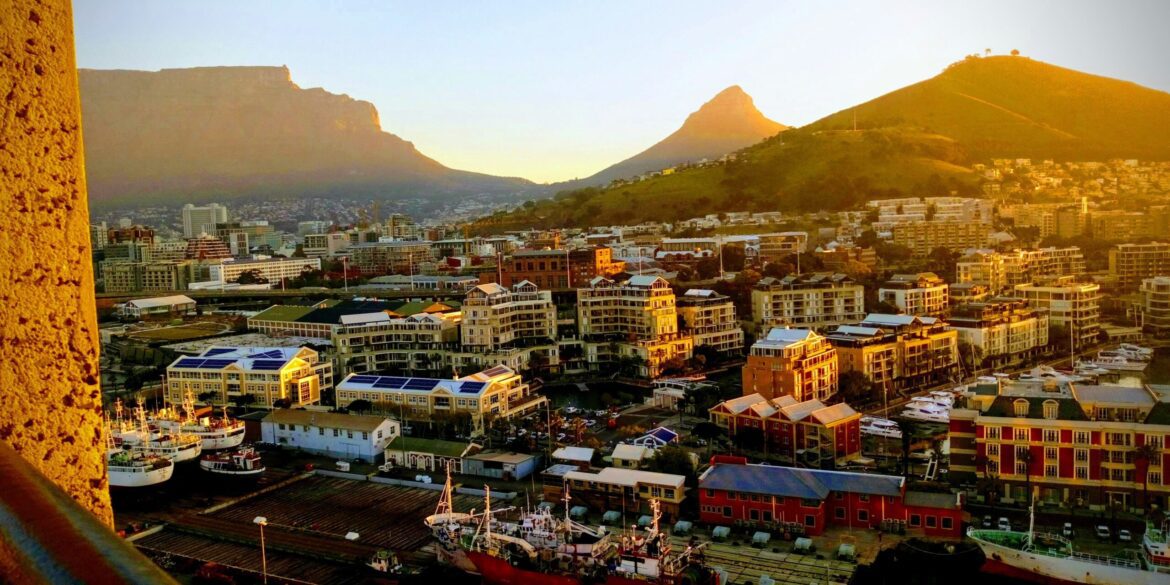The 2025 G20 Johannesburg Summit, held from November 22–23, concluded with a note of cautious optimism, marking a historic event as it was the first G20 meeting ever hosted on African soil. Despite facing significant challenges, including major absences and deep geopolitical divisions, South Africa managed to preserve the forum’s credibility, showcasing the potential for multilateral cooperation even amidst global tensions.
The summit took place at a time of growing global uncertainty, and while it was a momentous occasion for the African continent, the event was not without its difficulties. Notably, several of the world’s largest economies were absent, which raised questions about the relevance and influence of the summit. Despite these challenges, the summit succeeded in adopting a joint declaration at the opening of the meeting, a departure from the traditional closing adoption of such documents. This declaration emphasized core principles such as “solidarity, equality, and sustainability,” with a renewed focus on crucial issues like debt relief, climate change support, and the needs of developing economies. This early adoption of the declaration was seen by observers as a symbolic gesture — one that signaled the participants’ commitment to multilateral cooperation even in the face of significant global divides.
However, while the declaration provided a sense of unity, it also highlighted the deep fractures that continue to affect the international landscape. One of the key areas of contention was the issue of global security, particularly in relation to the ongoing conflict in Ukraine. Despite the best efforts of South Africa and other participants, the summit failed to reach a consensus on this issue, with some nations, such as Argentina, withdrawing their support for parts of the declaration. Argentina’s withdrawal was driven by concerns over specific language used in the document, reflecting broader disagreements within the G20 over how to address geopolitical conflicts.
For South Africa, however, the summit outcome can be seen as a diplomatic victory. As the host nation, South Africa positioned itself as a key representative of the Global South, advocating for a multilateral approach that takes into account the unique needs and challenges faced by developing nations. By doing so, South Africa reaffirmed its role as a leading voice for the Global South, emphasizing the importance of inclusivity in global governance. The summit demonstrated that even in the absence of superpowers and amid shifting alliances, the world’s major forums can still function and address critical issues.
Ultimately, the 2025 G20 Johannesburg Summit was a complex but significant event. While it underscored the challenges of global cooperation in a time of geopolitical division, it also highlighted the potential for alternative multilateral approaches that prioritize solidarity and sustainable development. South Africa’s role in hosting the summit underscored the country’s growing influence on the world stage, especially as it champions the interests of developing nations and seeks to reshape global governance structures to be more inclusive and representative of diverse global perspectives.

